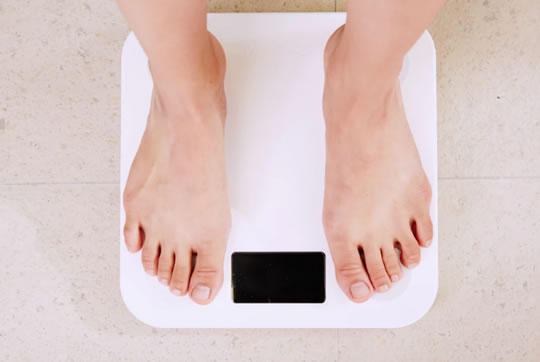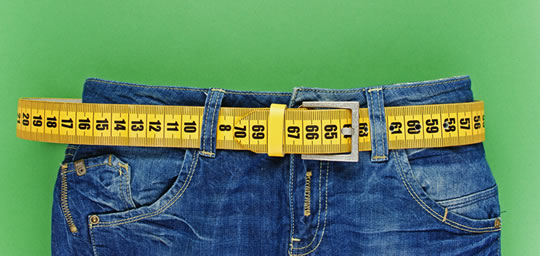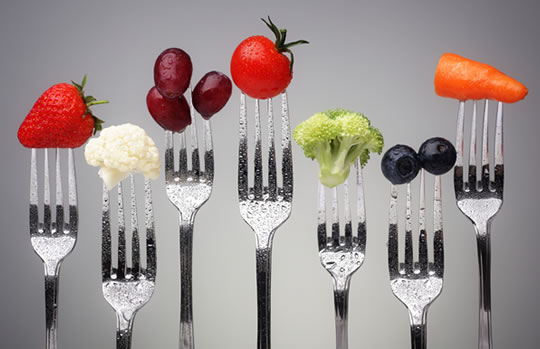The weight loss technique that overcomes emotional eating.
Learning to understand how foods make you feel is the key to successful weight loss, research finds.
When people are trained to identify and understand their emotions, they make healthier food choices, psychologists have discovered.
For example, foods like cookies might be linked to comforting memories of childhood or feelings of safety, which encourages their consumption.
But, someone with higher emotional awareness can spot the automatic link and predict the regret they will feel later on.
Understanding the emotions works better than nutritional knowledge in promoting weight loss, the study showed.
The study’s authors write:
“With a better understanding of how they feel and how to use emotions to make better decisions, people will not only eat better, they will also likely be happier and healthier because they relate better to others and are more concerned with their overall well-being.”
For the study, people trying to lose weight were given emotional training.
They were shown different foods and asked to pay attention to how it changed their emotions and those of other people.
At the end of the training session participants were asked to choose a snack.
Those who had had the emotion training were more likely to choose the healthier option.
The reason the emotion training is so useful is that people generally find it hard to be objective and observe their emotions dispassionately.
In a follow-up study, 106 people were followed over a three-month period to see who lost weight.
Those who had had the emotion training lost most weight in comparison to a control group, and in comparison to those who had received a nutritional knowledge course.
Part of the reason the emotion training works is it breaks down an automatic link in people’s minds between foods being unhealthy and foods being tasty.
The study’s authors write:
“We not only demonstrate that emotional ability is trainable and that food choices can be enhanced, but also that emotional ability training improves food choices beyond a nutrition knowledge training program.”
The study was published in the Journal of Marketing Research (Kidwell et al., 2014).









